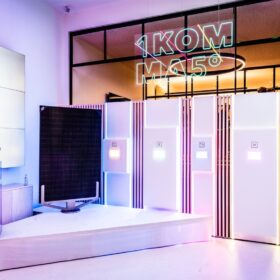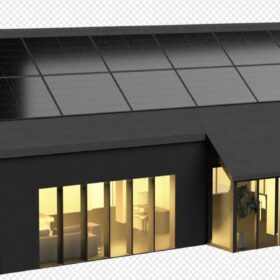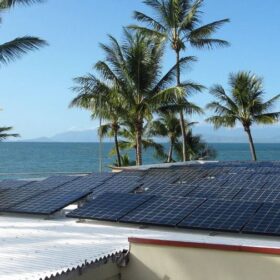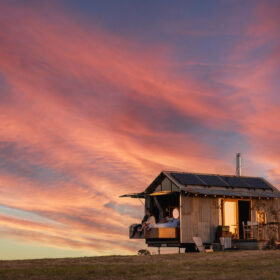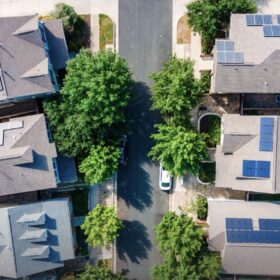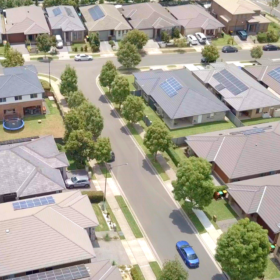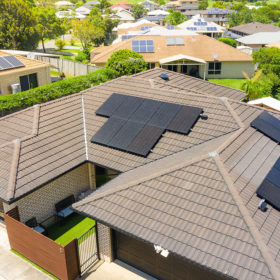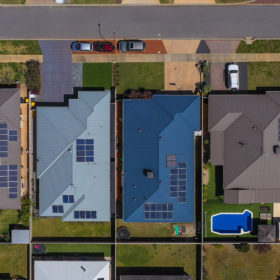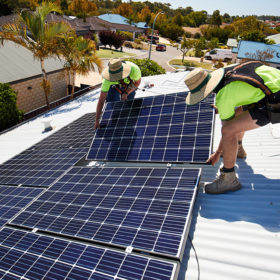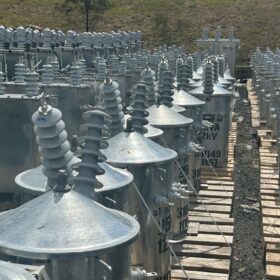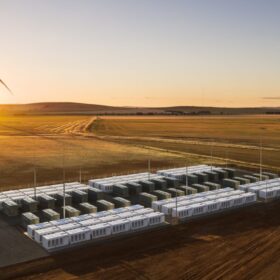Detailed customer energy data is becoming available, here’s what the government scheme could do for industry
Access to extremely detailed consumer energy data is becoming available in Australia part of the federal government’s Consumer Data Right scheme. Used imaginatively, the data has the potential to improve how investment decisions are made, and could even open up new approaches to energy retailing, Stuart Low, founder of Biza tells pv magazine Australia.
German outfit brings own solar panel brand to Australia
German startup 1Komma5 has started production on its own solar modules, which are expected to hit Australian shores “imminently,” Chris Williams, CEO of its APAC arm, told pv magazine Australia. The company has just signed a polysilicon contract with fellow German company Wacker, a step towards addressing issues around unethical labour and embedded emissions in solar’s supply chain.
DAS Solar unveils n-type bifacial module for Australian market
Chinese module manufacturer DAS Solar has marked its entry into the Australian market with the release of an all-black n-type bifacial solar panel featuring an output of 410 W to 430 W and efficiencies of up to 22%.
Authority flags solar feed-in tariff increase for regional Queensland
Rooftop solar households in regional Queensland are set to receive almost 40% more for the PV-generated electricity they send back to the grid after the state’s pricing regulator proposed an increase to the feed-in tariff.
Stella the Stargazer is the latest in a trend of luxury solar-powered getaways
On the back of Covid-19 lockdowns, geopolitical energy crises, a cost-of-living crisis and evermore congested cities, some people are looking for alternate ways of living, while others are just looking for an cosy getaway that doesn’t come with a Sasquatch-sized carbon footprint. Enter Stella the Stargazer, a solar-powered holiday destination that makes living off-grid the lap of luxury.
SAPN project targets legacy rooftop solar to help stabilise grid
South Australian electricity distributor SA Power Networks has announced it will work with retailers AGL and Simply Energy to explore opportunities to enable the orchestration of existing rooftop solar systems, an innovation that is expected to support the increased uptake of renewables and help the stability of the grid.
Solar power can cut living costs, but it’s not an option for many people – they need better support
As the cost of living soars, many Australian households are turning to rooftop solar to cut their energy costs. A Pulse of the Nation survey last month showed about 29% of Australians have installed or are considering installing solar panels on their homes. The same survey shows one in five Australians can’t afford to adequately heat or cool their homes.
Queensland to partner with SEC on solar panel recycling pilot
The Queensland government will team with the Smart Energy Council to develop an industry-led solar panel recycling scheme and investigate a ban on the dumping of end-of-life panels as it prepares for a surge in the number of decommissioned PV modules coming off rooftops.
SwitchDin plots DER testing lab to help tackle clean energy transition
Australian energy management software company SwitchDin has announced it will build the Southern Hemisphere’s largest lab dedicated to researching and testing distributed energy resources at its headquarters in the New South Wales Hunter region.
Australian rooftop solar hits 20 GW
Australia’s rooftop solar capacity has passed the 20 GW threshold, according to analysis from solar consultancy SunWiz. Solar will subsequently overtake coal-fired capacity in April, when a New South Wales coal power station closes – making PV the country’s largest power generator.

